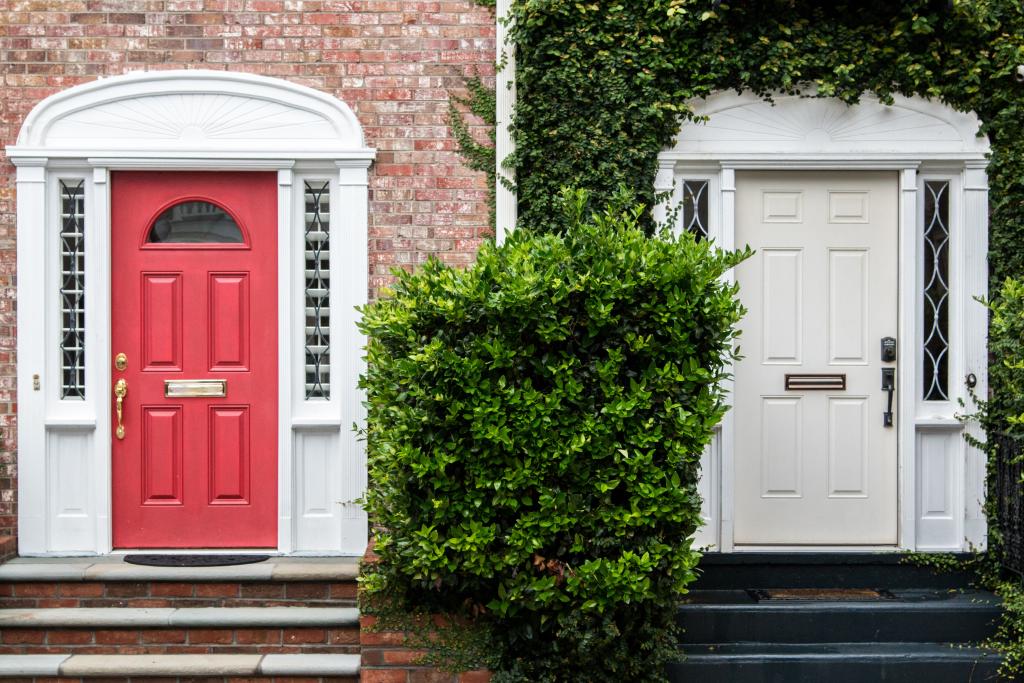
Getting divorced is a particularly stressful time especially when it comes to resolving the finances and agreeing what to do with any properties.
If you are divorcing, any property is considered to be part of the matrimonial assets even if it is in your sole name. If property is held in joint names it will be held one of two ways, either as beneficial joint tenants – meaning both spouses jointly own the whole property, or tenants in common – where each own a specified share.
If you are married but live in a property which is owned solely by your spouse, then you have a right to live in your home even if it is not in joint names. A Matrimonial Home Rights Notice is a formal document which confirms you have the right to live in the property owned by your spouse. This can be registered at the Land Registry and can prevent your spouse from selling your home until the divorce has been finalised and a financial agreement has been reached.
When property is owned jointly it is important to know your options.
Should you hold a property as beneficial joint tenants it may be worth considering whether you wish to sever the joint tenancy and become tenants in common to protect your interest in the property in the event of your death before the divorce is finalised. This would then allow your share to pass in accordance with your Will rather than automatically to your spouse.
Depending on your personal circumstances you may wish to remain in the family home, have your spouse removed from the legal title and the mortgage and obtain a new mortgage in your new sole name. If considering exploring your options in this regard it would be worth contacting a mortgage broker to initially establish your borrowing capacity in your sole name before contacting a conveyancing solicitor to undertake a transfer of equity and a re-mortgage. The transfer of equity can then be reflected in the Consent Order filed with the Court when resolving the financial aspect of the divorce.
Often transferring the former matrimonial home is not an option for people with children or those for other reasons are unable to work full time therefore it may be the case that the home has to be either transferred into their spouses name should they wish to retain the property and a lump sum provided to the party being removed from the mortgage and legal title, or the property may need to be sold.
Whilst selling the former matrimonial home can be very daunting, upon receiving a lump sum from either a transfer of equity or the property sale parties with limited earning capacity could explore affordable housing options such as, shared ownership properties. These enable people to purchase a share in a property and rent the remaining share from a Housing Association and often allow further shares to be purchased, sometimes up to 100% of the property value, in the future.
If you’re going through a divorce or separation and are worried as to what should happen to the family home or other properties that you own our family law solicitors can help.
Need some advice? Get in touch today
"*" indicates required fields
The information submitted here is used and stored for the purpose of replying to the enquiry. For more information on how we process data please visit our Privacy Policy.










